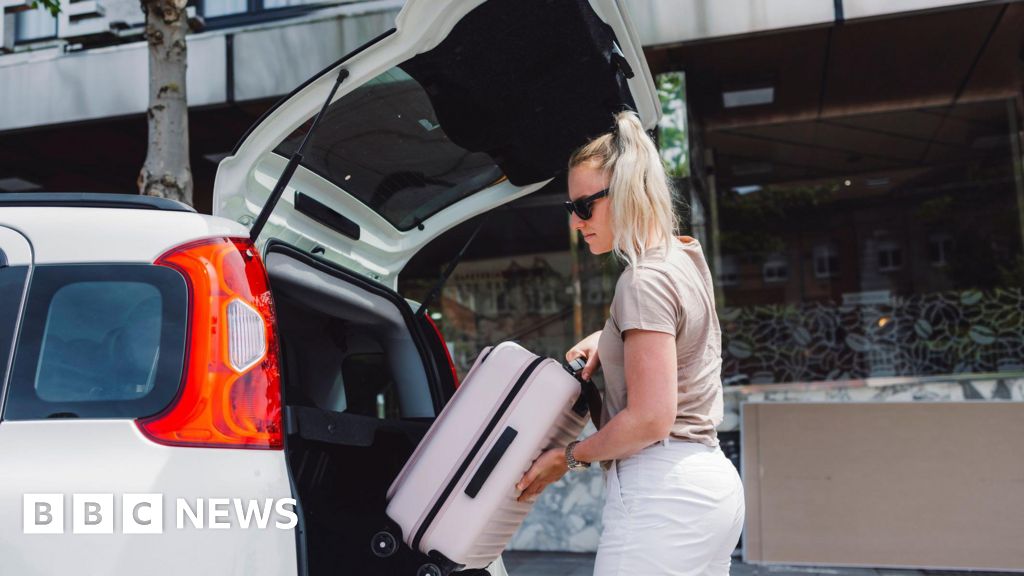UK inflation holds steady despite hotel prices soaring

UK inflation held steady in June despite hotel prices rising strongly, according to the latest official figures.
While prices in restaurants and hotels went up, sharp falls in clothing and shoes helped offset this as retailers offered widespread sales to shoppers.
Overall, inflation rose at 2% in the year to June, unchanged from May.
It means that the cost of living is still rising but at a rate that the central bank is comfortable with, after nearly three years of above-target inflation which has squeezed household finances.
However, in areas like services, which include everything from restaurants to hairdressers, price increases remain persistent.
That could raise questions for Bank of England policymakers over when they should begin to cut interest rates.
Darren Jones, the new chief secretary to the Treasury, said that families’ budgets across Britain were still being squeezed.
“We face the legacy of 14 years of chaos and economic irresponsibility. That is why this government is taking the tough decisions now to fix the foundations so we can rebuild Britain and make every part of Britain better off.”
The Bank’s base rate – which is used to help set mortgage rates and other borrowing costs – currently stands at a 16-year-high of 5.25% after it was increased in a bid to tackle soaring inflation.
Its Monetary Policy Committee (MPC), which votes to set the rate, has held interest rates at this level for several months but some economists have predicted they will cut the rate at the next vote on 1 August.
The latest figures from the Office for National Statistics (ONS) on Wednesday showed hotel prices rose strongly in the year to June, while second-hand car costs fell but by less than the same time last year.
The underlying measures of inflation being watched closely by the Bank of England also did not change.
Inflation in the services sector, for example, remained at 5.7%, while core inflation, which strips out the effects of more volatile items like energy prices, held at 3.5%.
Alongside some other stronger figures for the economy in recent days, it may give some pause for thought for members of the Bank of England committee deciding interest rates next month.
On Tuesday, the International Monetary Fund listed the UK among countries who might need to keep interest rates “higher for even longer” than originally anticipated to squeeze inflation out of the system.
Markets have been anticipating that rate cuts will start on 1 August, helping fixed mortgage rates fall.
The latest numbers for inflation suggest it will be a finely balanced decision.
Related
Why investing in women is a vital next step for…
Get Nadine White's Race Report newsletter for a fresh perspective on the week's newsGet our free newsletter from The Independent's Race CorrespondentGet our fre
Business secretary signals major shift on electric car policy to…
In a determined effort to retain Nissan’s manufacturing presence in Britain, Business Secretary Jonathan Reynolds has vowed to implement “substantial c
Joint Statement: Business Secretary and Fujitsu Services Ltd
Business and Trade Secretary Jonathan Reynolds today (Friday 7 March) met chiefs for Fujitsu in Tokyo to begin talks over the cost of redress for victims of th
UK foreign secretary backs multilateral defence funding for Europe
UK foreign secretary David Lammy has said that a new multilateral fund will be needed to secure Europe’s defence as he confirmed that Britain is “open to”













